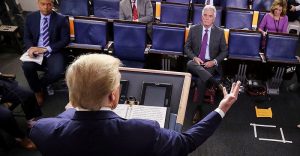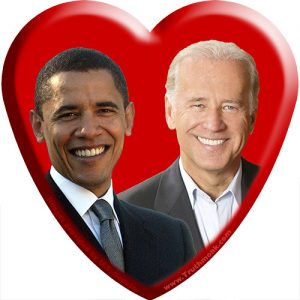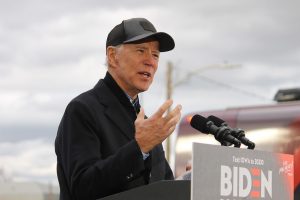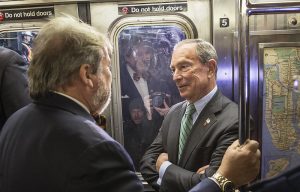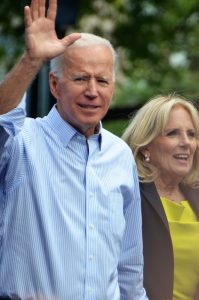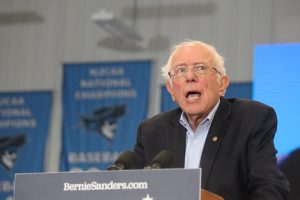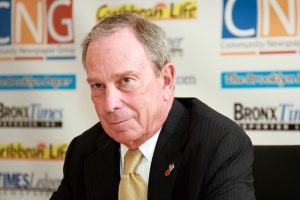
President Lyndon Johnson and Defense Secretary Robert McNamara, 1968
America torn apart by unrest. An overarching issue that has caused the deaths of many thousands of Americans. Separate protests and riots over the death of a black man. It’s a good description of 2020, right? Actually, this also describes the year 1968. There are some striking parallels between these two years, and they do not bode well for Donald Trump or the Republican Party.
In 1968, Lyndon Johnson, who had become president after John F. Kennedy‘s assassination in November 1963, faced the twin issues of the Vietnam War and racial unrest. The war so mired President Johnson and tore apart the country that, in March 1968, Johnson announced that he would not run for reelection. And then, just four days later, as if to ensure that America would remain in strife through the election, black civil rights leader Rev. Martin Luther King, Jr. was assassinated. Coming after years of bloody civil rights battles and documented police brutality, King’s murder led to protests and riots around the country. Johnson’s decision not to run for another term was already based in part in the reality that his approval rating throughout 1968 mostly hovered in the low forties range, having declined steadily from the highs of nearly 80 percent in his first few months after taking office, and was largely attributable to the Vietnam War.

